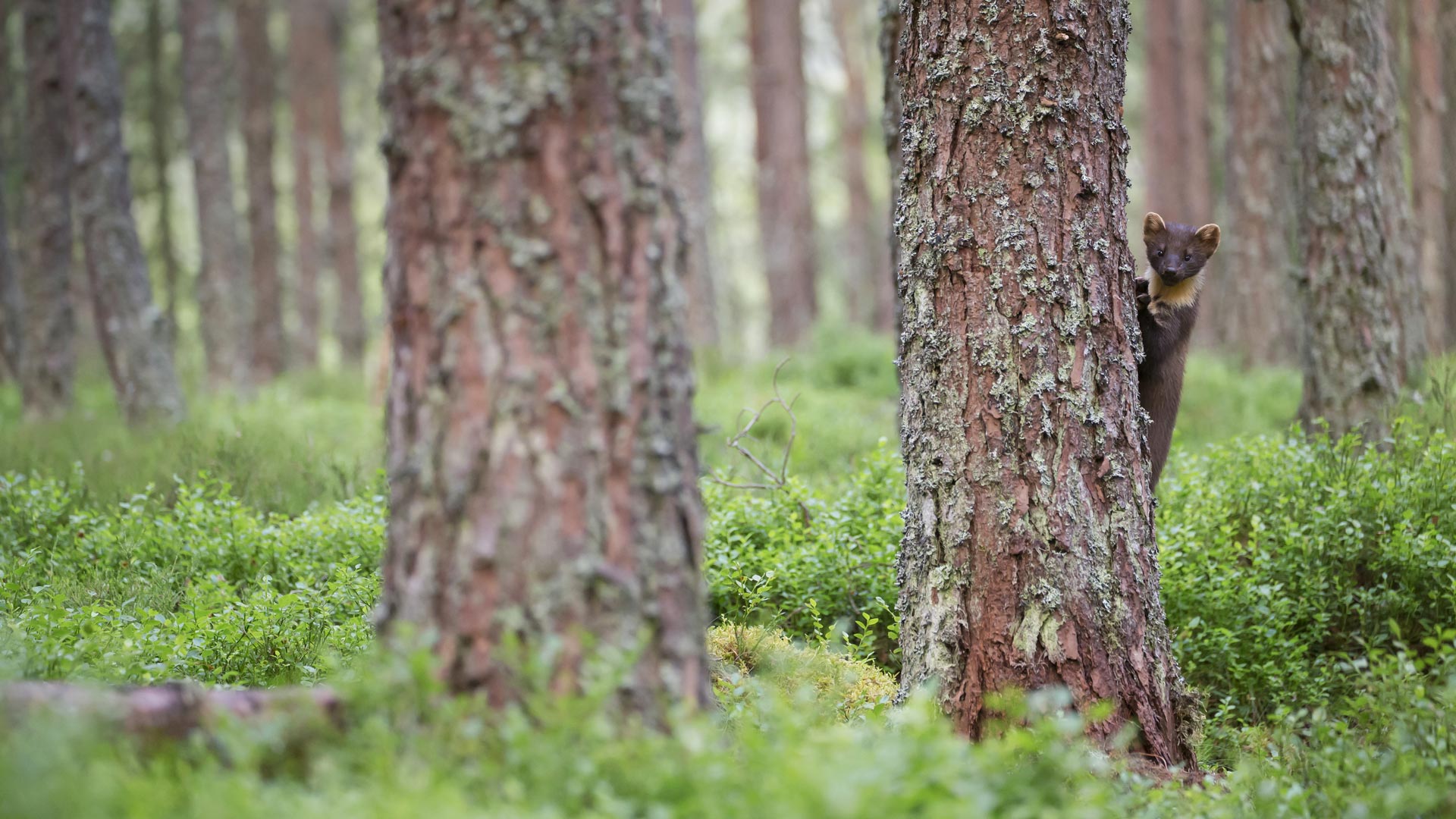
Madagascar’s Technological Leap: The Impact of the New Incinerator on Waste Disposal
Madagascar, the island nation off the southeastern coast of Africa, is a country known for…

Mexican Government Pushes Forward with Incinerator Project Despite Opposition: What’s at Stake?The Mexican government’s plan to build an incinerator in the town of Salamanca has sparked controversy and opposition from local residents and environmental groups. Despite the protests and concerns raised by the community, the government is pushing forward with the project, citing the need…

Mauritius, a small island nation in the Indian Ocean, is known for its stunning beaches and vibrant culture. However, like many other countries, it faces challenges in managing its waste. The island generates over 1 million tons of waste each year, and with limited space for landfills and a growing population, the government has been…

Malawi’s Incinerator Success Story: A Model for Sustainable DevelopmentMalawi, a landlocked country in southeastern Africa, is known for its stunning landscapes, diverse wildlife, and warm, welcoming people. However, like many developing nations, Malawi faces numerous challenges when it comes to sustainable development and environmental protection.One of the major issues that Malawi has been tackling is…

Madagascar, the island nation off the southeastern coast of Africa, is a country known for its breathtaking natural beauty, unique wildlife, and vibrant culture. However, it has also been grappling with a significant waste management problem for many years. With limited resources and infrastructure, the disposal of waste has been a major challenge for the…

Turning Trash into Treasure: The Role of Liechtenstein’s Incinerator in Energy ProductionIn this modern age, the world is facing a major challenge in waste management. With the increasing population and industrialization, the amount of waste generated continues to rise. This has led to a significant strain on landfills and other waste disposal methods. In response…

Innovation in Waste Disposal: The Impact of Lesotho’s Incinerator on the Environment and CommunityIn Lesotho, a small landlocked country in Southern Africa, waste disposal has been a major challenge for many years. With a growing population and limited resources, the country has struggled to find sustainable solutions for managing its waste. In recent years, however,…

Latvia’s Ambitious Plans for Waste Management: The Role of IncineratorsWaste management is an increasingly important issue for countries around the world. With growing populations and urbanization, the amount of waste produced is also increasing. Latvia is one such country that is taking steps to improve its waste management system. The Baltic nation is in the…

A Closer Look at the Environmental Benefits of Kuwait’s IncineratorKuwait, a small country in the Middle East, has been facing a growing waste management problem in recent years. The country’s rapidly increasing population, combined with its high levels of consumption and limited land space, has made it increasingly difficult to manage the growing amounts of…

Burning Questions: Exploring the Potential Health Risks of Kenya’s IncineratorIn recent years, Kenya has been facing increasing challenges in managing its waste. With a growing population and urbanization, the country is struggling to keep up with the amount of waste being generated. To address this issue, the government has proposed the construction of an incinerator…

Kazakhstan has been making significant progress towards sustainable waste management in recent years, with the implementation of new incinerator initiatives leading the way. As a rapidly developing country, Kazakhstan has been grappling with the challenge of managing increasing amounts of waste generated by its population and industries. The government has recognized the importance of addressing…

Jamaica’s Incinerator Initiative: A Step Towards a More Efficient and Eco-Friendly Waste Management SystemJamaica has long been dealing with the issue of waste management, and like many other countries, it has struggled to find a sustainable and efficient solution. The island nation has been facing challenges such as limited landfill space, increasing population, and inadequate…

The Future of Waste Disposal: Israel’s Investment in Incinerator TechnologyAs the global population continues to grow and urbanization increases, the amount of waste generated is also on the rise. It has become imperative for countries to find efficient and sustainable waste disposal solutions to mitigate the environmental impact of burgeoning landfills and overflowing waste management…

Ireland’s incinerator debate has been ongoing for many years, sparking passionate discussions among politicians, environmentalists, and the general public. The debate revolves around the construction and operation of waste-to-energy incinerators, which are designed to burn waste to produce electricity. Supporters argue that incinerators are a sustainable solution to waste management, while opponents raise concerns about…

Burning Issues: The Debate Over Using Incinerators to Manage Indonesia’s WasteIn recent years, Indonesia has been grappling with a waste management crisis. The country generates an estimated 64 million tons of waste annually, and with a population of over 270 million people, the problem is only getting worse. The government has been struggling to find…

Iceland, known for its stunning natural beauty and progressive environmental policies, is facing a waste crisis that is posing a significant threat to its pristine landscapes and ecosystems. The small island nation of just over 350,000 people generates a substantial amount of waste, and with limited space for landfills, the country has been grappling with…

From Trash to Energy: Hungary’s Innovative Approach to Waste DisposalWaste management has become an increasingly pressing issue around the world. As the global population continues to grow, so does the amount of waste generated. In many countries, landfills are filling up at an alarming rate, and the environmental impact of such waste disposal methods is…